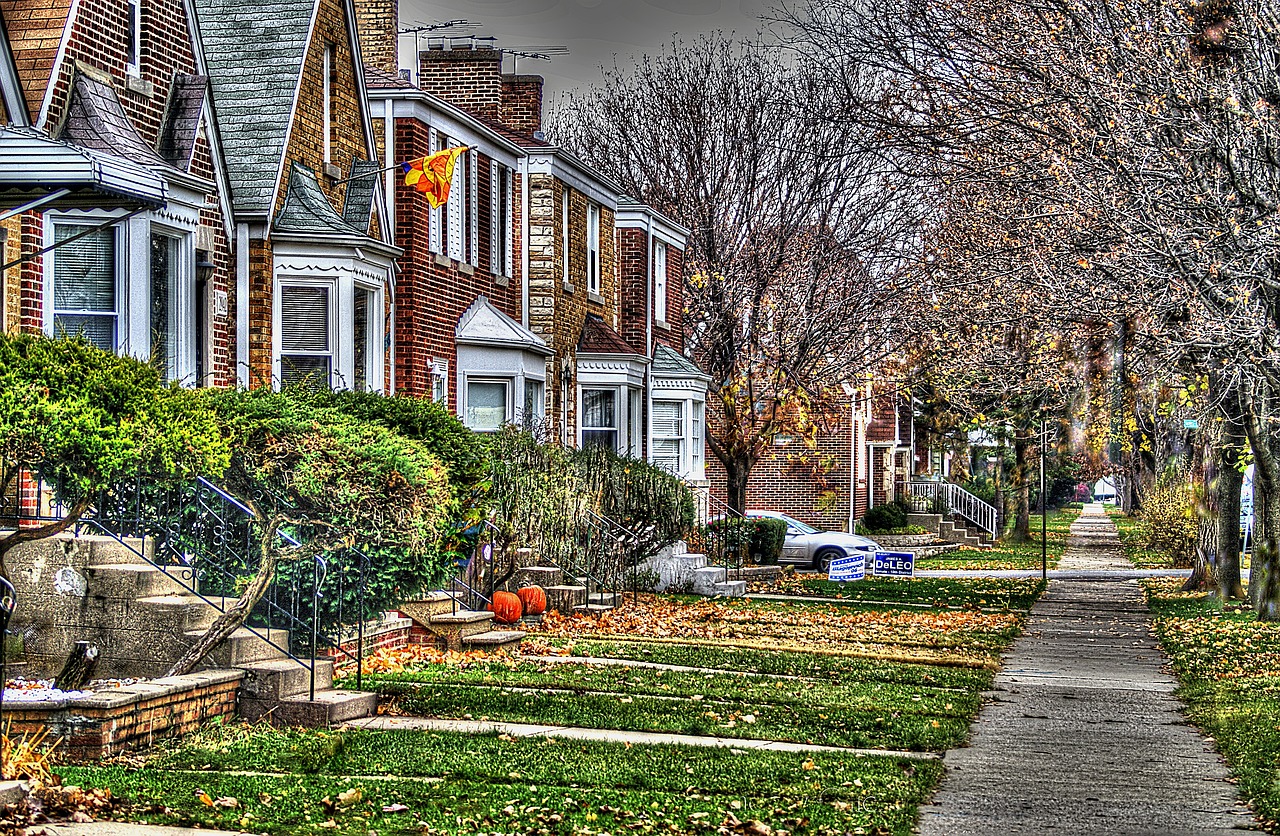Table of Contents
To achieve a reliable passive rental income from property, landlords need to start by being very active. When you’re new to the business, the legal procedures and responsibilities can look particularly daunting and time-consuming. Here, we provide clear pointers to the first things you need to do and the right order to approach them.
A rental home fit for a Chicagoan
The first stage is to make sure the property is up to standards.
The Municipal Code of Chicago has a list of twenty-seven provisions that need to be in place before entering into a lease agreement. They focus on health and safety concerns, such as providing hot and cold running water, smoke detectors and well-built windows. These can look intimidating, particularly as conditions are framed in the negative (“Failure to … results in trouble for you”). But these are all essentially the basics that you’d expect from your home, so it’s mainly common sense.
Landlord insurance
Before tenants move in, you need to have suitable landlord insurance in place. If you’re a portfolio investor landlord, rather than an accidental landlord preparing to rent out your own home, then this is the very first thing to do, before making sure the property is up to scratch.
Cover protects the policyholder from things like damage, theft and vandalism that can happen from the minute you purchase the property. Landlord insurance can also cover expenses incurred catering to changing municipal building safety laws that you thought you’d addressed. Types and amounts of cover can vary according to the precise location, so it is best to go to a local specialist.
Rental Application Form
It is a good idea to take a good look at the legally required rental application form before you start marketing the property. These are available free from various providers.
Landlords need to make various public disclosures here, such as confirming the property’s condition, the application fee and the size of a security deposit. This is the time to clarify all the basics of your rental proposition.
The form also details declarations that a landlord needs to obtain from tenants. Illinois Tenant Screening requirements include credit and criminal record checks. Cook County’s Just Housing Amendment obliges landlords to follow precise rules and procedures when requesting information from prospective tenants.
Familiarising yourself with the rental application process will help you decide whether to proceed with being an active, DIY landlord. This is why it is a good idea to do this before plunging into the public marketing process.
A Managing Agent?
You may now want to bring in a managing agent. There are so many in Chicago that it is quite a job to work out who to use. Once chosen, agents can take care of all subsequent tenant interactions and property maintenance. So, this may well be the time you stop being active. But the first steps – ensuring the property is fit for habitation, landlord insurance and the agency decision – are your crucial first steps.
Image Credit: Pixabay


